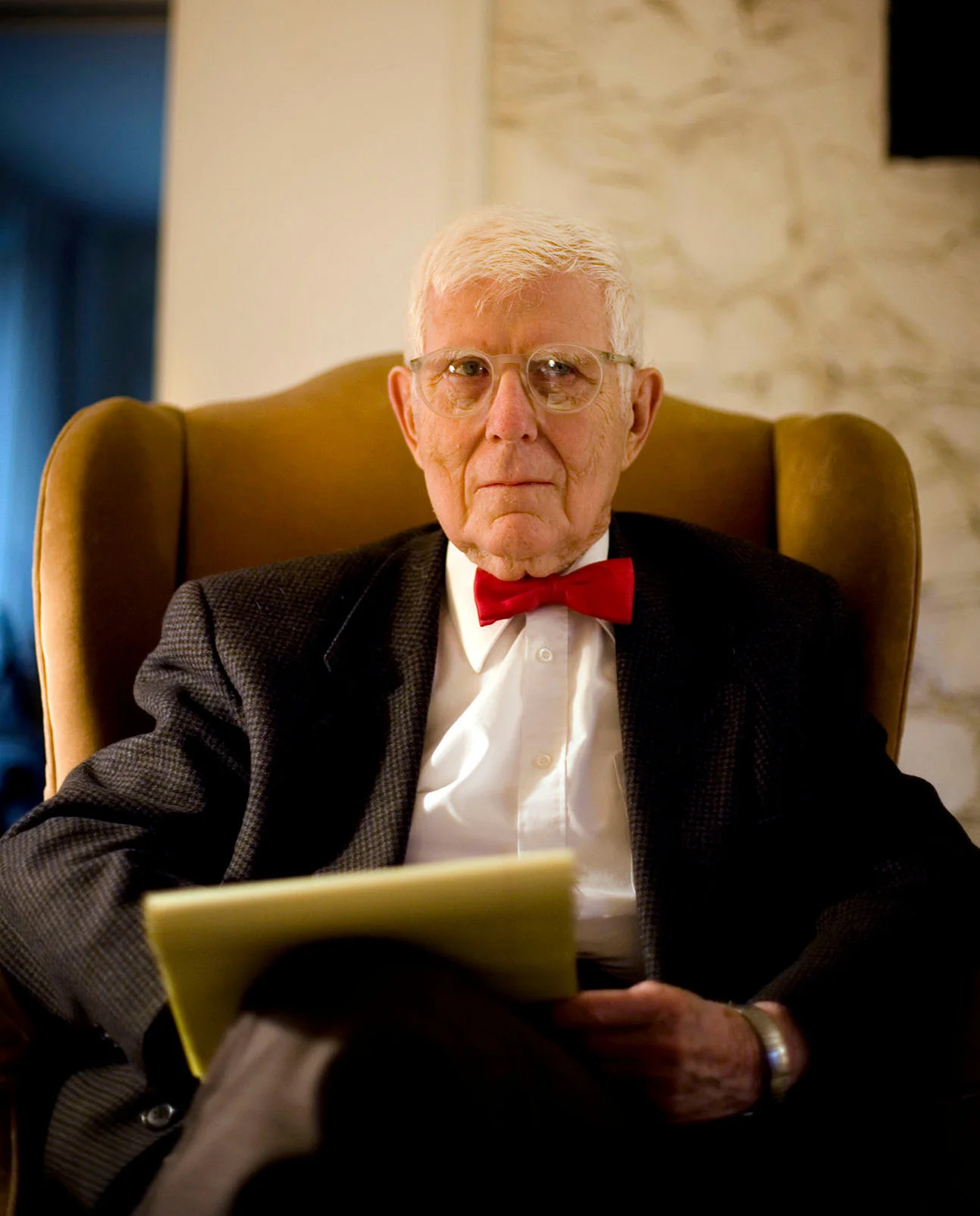Ever wondered how we went from “talking it out” to “fixing it with facts”? Today, we’re diving into the fascinating world of Cognitive Behavioral Therapy (CBT), a mental health superstar that’s helped countless people turn their lives around. But before we get into the nitty-gritty of CBT techniques, let’s talk about “Who Invented Cognitive Behavioral Therapy?”
The Early Days of CBT
To understand who invented Cognitive Behavioral Therapy, we need to go back to the mid-20th century. Before CBT came into the picture, the dominant forms of therapy were psychoanalysis and behaviorism. Psychoanalysis, pioneered by Sigmund Freud, focused on uncovering unconscious thoughts and childhood experiences. Behaviorism, on the other hand, emphasizes changing behavior through conditioning.
Aaron Beck: The Father of CBT
The person most widely recognized as the inventor of Cognitive Behavioral Therapy is Dr. Aaron T. Beck. A psychiatrist by training, Beck’s journey into the world of CBT began somewhat unexpectedly. In the 1960s, while working as a psychoanalyst, Beck was conducting research on depression. He was testing the validity of Freud’s theories and found that his patients’ negative thoughts played a crucial role in their depression.

The Birth of Cognitive Therapy
Beck noticed that his patients often had streams of negative thoughts that seemed automatic and involuntary. These thoughts, which he termed “automatic thoughts,” were often about themselves, their world, and their future. For example, a patient might think, “I’m worthless,” “The world is a cruel place,” or “I’ll never succeed.” Beck realized that these thoughts could influence emotions and behaviors.
He developed a new approach that focused on identifying and challenging these negative thoughts. This method, initially called cognitive therapy, aimed to help patients recognize their cognitive distortions and replace them with more realistic and positive thoughts. Beck’s cognitive therapy laid the groundwork for what we now know as Cognitive Behavioral Therapy.
Albert Ellis and Rational Emotive Behavior Therapy
While Aaron Beck is often credited as the father of CBT, it’s important to mention another key figure: Albert Ellis. Around the same time that Beck was developing cognitive therapy, Ellis, an American psychologist, was creating a similar approach called Rational Emotive Behavior Therapy (REBT).
Ellis believed that emotional disturbances were largely the result of irrational beliefs. He proposed that by changing these irrational beliefs, individuals could alter their emotional responses and behaviors. His approach was more direct and confrontational than Beck’s, but it shared the core idea of addressing cognitive processes to improve mental health.
The Evolution of CBT
As cognitive therapy and REBT gained traction, they began to influence each other and merge with behavioral techniques. This integration led to the birth of Cognitive Behavioral Therapy as we know it today. CBT combines the cognitive focus on thoughts and beliefs with the behavioral emphasis on changing actions. This dual approach makes CBT a powerful tool for treating a wide range of mental health issues, including anxiety, depression, phobias, and more.
If you need a reliable Arlington Behavior Therapy expert, just give Elysian Psychological Services a call today!
CBT’s Core Principles
To appreciate the genius behind CBT, let’s break down some of its core principles:
- Cognitive Restructuring: This involves identifying and challenging negative thoughts and beliefs. The goal is to replace them with more balanced and realistic ones. For example, if you think, “I always mess things up,” CBT encourages you to evaluate the evidence for this thought and consider alternative viewpoints.
- Behavioral Activation: This principle is about increasing engagement in positive activities. It’s based on the idea that our actions can influence our mood. By doing more of what brings us joy or a sense of accomplishment, we can improve our mental health.
- Exposure Therapy: Used mainly for anxiety and phobias, exposure therapy involves gradually facing feared situations in a controlled manner. The aim is to reduce the response to fear over time.
- Problem-Solving: CBT teaches practical skills for addressing life’s challenges. This can involve breaking down problems into manageable parts and brainstorming potential solutions.
If you want to read more about “What is Behavioral Activation Therapy for Depression?” just visit our website to learn all about it!

The Impact of CBT
Since its inception, CBT has become one of the most researched and widely used forms of therapy. It has proven effective for a variety of conditions, from mood disorders to substance abuse. The principles of CBT have also been adapted for self-help books, online programs, and even apps, making it accessible to a broader audience.
Modern Innovations and Adaptations
CBT has not remained static; it has evolved and branched into various specialized forms. Here are a few notable adaptations:
- Mindfulness-Based Cognitive Therapy (MBCT): This combines traditional CBT techniques with mindfulness strategies. It’s particularly effective for preventing relapse in individuals with recurrent depression.
- Dialectical Behavior Therapy (DBT): Developed by Marsha Linehan, DBT incorporates CBT techniques with concepts from Eastern mindfulness practices. It’s designed to treat borderline personality disorder and other conditions involving emotional dysregulation.
- Acceptance and Commitment Therapy (ACT): ACT focuses on accepting negative thoughts and feelings rather than fighting them. It encourages individuals to commit to values-based actions despite the presence of these thoughts and feelings.
The Legacy of Beck and Ellis
Aaron Beck and Albert Ellis left an indelible mark on the field of psychology. Beck, now in his 90s, continues to contribute to research and writing. His daughter, Judith S. Beck, has also become a prominent figure in the field, furthering her father’s work and expanding CBT’s reach.
Albert Ellis, who passed away in 2007, was known for his charismatic and sometimes controversial style. Despite their different approaches, both Beck and Ellis shared a commitment to improving mental health through evidence-based practices.
Conclusion: The Future of CBT
As we look to the future, the principles of Cognitive Behavioral Therapy continue to influence new generations of therapists and researchers. Advances in technology and neuroscience are providing deeper insights into how CBT works and how it can be enhanced.
In essence, the story of CBT is a testament to the power of human ingenuity and the relentless pursuit of understanding the mind. Whether you’re seeking therapy or just curious about psychology, knowing the roots of CBT can provide a deeper appreciation for this transformative approach.
So, the next time you hear someone mention CBT, you’ll know that it’s not just a set of techniques but a legacy of groundbreaking work by pioneers like Aaron Beck and Albert Ellis. Their dedication to understanding and improving mental health has changed countless lives, and their influence will undoubtedly continue for generations to come.
Curious about who invented Cognitive Behavioral Therapy and how it could benefit you? Dive into the fascinating origins of CBT and see how it can transform your mental health. At Elysian Psychological Services, our experts are ready to help you harness these powerful techniques. Don’t wait—take the first step toward positive change today. Contact us now and experience the benefits of CBT firsthand!


